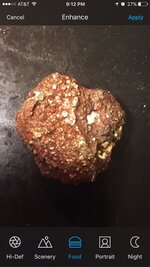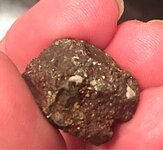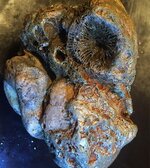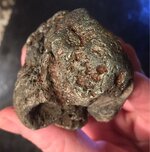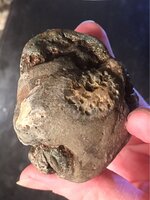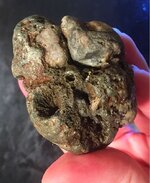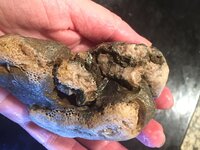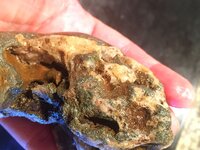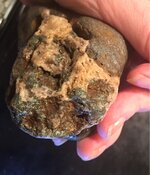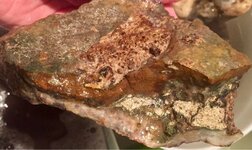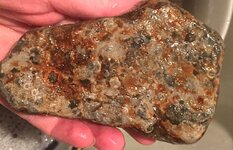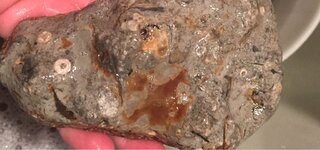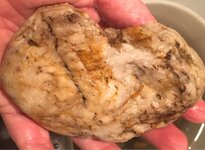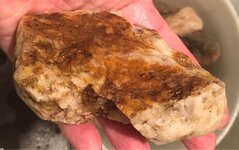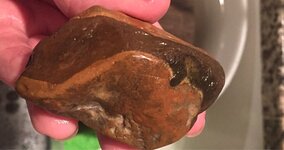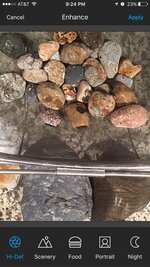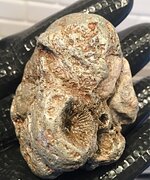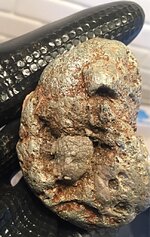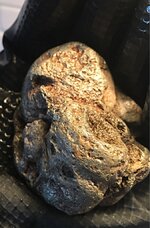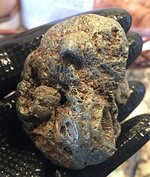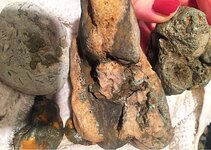Good afternoon.
I have a lot of pyrite specimens I have collected over the years and want to clean them.
I've read up on the cleaning process by using Muriatic Acid, however, some say to dilute in 2 parts water/ 1 part Acid, and then some articles say not to dilute.
Any words of advice would greatly be appreciated.
Thanks [emoji4]
I have a lot of pyrite specimens I have collected over the years and want to clean them.
I've read up on the cleaning process by using Muriatic Acid, however, some say to dilute in 2 parts water/ 1 part Acid, and then some articles say not to dilute.
Any words of advice would greatly be appreciated.
Thanks [emoji4]


